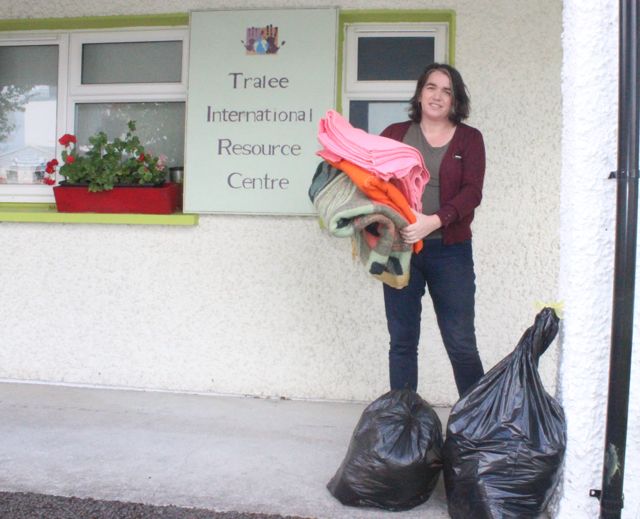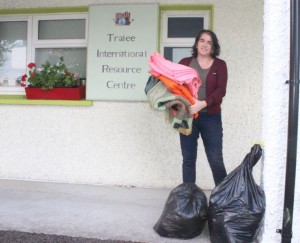
THE 11 refugee families set to arrive in Tralee and Killarney in November and a further 16 families in January and February, will not impact too much on the housing list according to the Director of Services in Kerry County Council.
Forty-five is the number of first phase refugees coming to Kerry, with a second phase bringing upwards of 70 people arriving to the county.
This is in response to the current refugee crisis that is sweeping across Europe. Earlier today, more than 22 refugees drowned and 200 were rescued off the Turkish coast. In Europe’s worst refugee crisis since World War Two, a further 850,000, refugees are expected to reach Europe’s shores this year.
With the initial number of families decided, Traleetoday.ie, spoke to Kerry County Council’s Director of Services, John Breen about whether there are more refugees planned to arrive in the future?
“What we are focused on is the 11 families in November and the 12 to 16 families at the start of 2016,” he said.
Kerry County Council is currently looking at properties in Tralee and Killarney. The group in charge of the housing refugees will meet on a fortnightly basis.
“The natural split is six families in Tralee and five in Killarney, depending on the property solutions available to us,” he said.
It is not known yet if the families coming in November will all arrive at the same time or if the council will take a staggered approach.
“Whether, there are three or four families coming together, we won’t know until closer to the time of their arrival, because the families are only coming into the country now and being accommodated in Monasterevin, Co. Kildare.”
“There will be a 12 to 14 week integration period there and then we will be guided by the office of migrant integration, because in essence they have made the request to us to accommodate these families in Kerry,” he said.
“It will be the task of one Kerry County Council staff member from the housing section to coordinate with the different agencies, although it won’t be their entire role. It’s fair to say there will be two or three staff directly involved through the issue of sourcing accommodation and linking with the agencies,” he said.
The arrival of these families has sparked fears among some members of the public, that refugees are being looked after ahead of Irish citizens on the housing list.
“We’ve been asked by the office of migrant integration to help with housing people. We have an extensive programme for housing over the next number of years which includes buying houses, building houses, renting houses. That programme is proceeding and these people will simply be part of that programme.”
“We’re looking at a figure of 350 houses to be delivered by next year, the majority of those through renting. Given those type of numbers and given that your looking at 11 families, then 16, there’s not going to be an impact in terms of the scale. It might be very different if we were providing 30 houses and had to accommodate 11 within that.”
It is also unclear for how long refugee families will stay in the county.
“The first thing to bear in mind is these people have been invited into the country under the UN convention which Ireland has signed up for. Secondly, they become what’s known as ‘programme refugees’, which means they are assisted in terms of resettlement and services. At any stage in the future they can opt out of the programme.”
“We simply don’t know what the future will hold in that regard, but the experience of accommodating and inviting in refugees, whether it was Kosovo or Cambodia, has been people have been provided with the service initially and they eventually opt out of the programme and essentially provide for themselves.”









